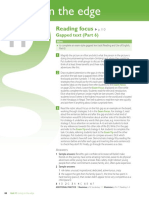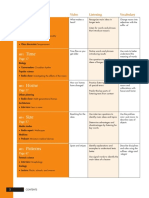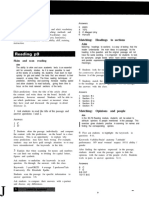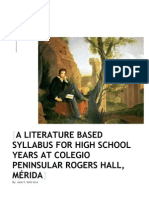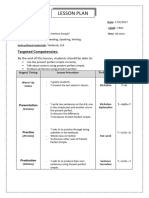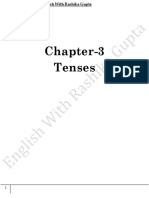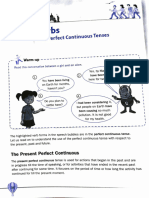0% found this document useful (0 votes)
136 views13 pagesListening and Vocabulary Skills Practice
Uploaded by
HashemiCopyright
© © All Rights Reserved
We take content rights seriously. If you suspect this is your content, claim it here.
Available Formats
Download as DOCX, PDF, TXT or read online on Scribd
0% found this document useful (0 votes)
136 views13 pagesListening and Vocabulary Skills Practice
Uploaded by
HashemiCopyright
© © All Rights Reserved
We take content rights seriously. If you suspect this is your content, claim it here.
Available Formats
Download as DOCX, PDF, TXT or read online on Scribd
/ 13













